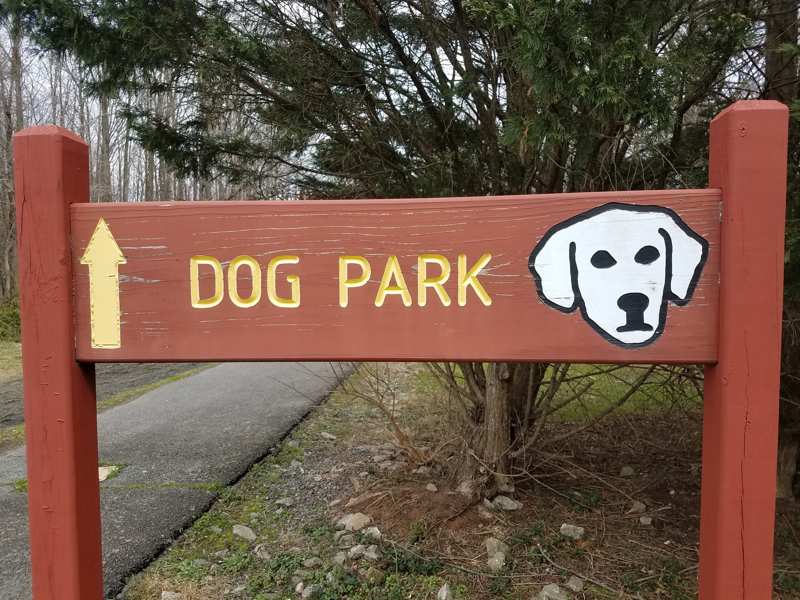Those without dogs regularly lament the state of their local green spaces. A lack of dog bins leads to steaming bags of poo left hanging on trees, and stinking bags left on park grass.
That’s nothing compared to the realisation that you’ve stepped on a gag-inducing turd which was hiding in a field or brazenly left on the footpath, and you will have the joy of scraping off your shoes in the cold before your family agrees to let you back in the house.
READ MORE: The Worst Locations in the UK for Dog Fouling
So they might be surprised to hear that a whopping 88% of dog owners we surveyed feel the same, and they agreed that there was a problem with dog poo disposal in the UK.
The vast majority of dog owners are responsible and caring people, always with a bag on hand to gather up the offending excrement, unlike the pool of offenders, which is small, but certainly leaves its putrid mark. In a world where growing populations mean, we share our outdoor spaces with more people than ever, this is worse than bad social etiquette – it is a crime that can lead to the spread of diseases and unwanted parasites.

82% of our survey respondents said they had spotted dog excrement in an inappropriate place in just last month, and over half said they had seen bags of poo left around in the same timeframe. So why are some dog owners going through the effort, and arguably the worst bit, of dog care by scooping up their canine’s deposit in a bag, and then not making the final and easier step of chucking it in the bin?

Our survey suggests that part of the problem is a lack of public bins. It certainly isn’t a valid excuse; most dog owners will carry the used bag until they find a bin, or take it back home where they can conscientiously put it in their own black bin, but it does explain some of the bad behaviour. Almost three-quarters of our respondents said they struggled to find dog bins. And when you start looking at UK councils and bin disposal, the problem gets worse. Many councils are struggling with a lack of funding, causing essential services to be cut or reduced, so even if you do find a bin, there is a good chance it is already overflowing with rubbish and unable to take your steaming deposit.
In September, Bristol City Council was even considering removing bins from green spaces, as they were so fed up with the public leaving rubbish next to full bins. A lack of council staff, due to funding cuts, would also explain why the small group of dog waste offenders aren’t deterred by a potential on-the-spot fine of £80, and a later fine of £1000 if taken to court; it’s because they know they are very unlikely to get caught.
The good news is that the majority of dog owners who responded to our survey, 88%, said they got their dogs to do their business in their own gardens, where they had access to their own waste disposal and time to clean up properly. 82% of respondents also felt it was not ok to leave dog poo in fields, parks, and grass next to pathways.

When bins are scarce or overflowing, some dog owners try to look for other solutions, but environmental health rules dictate that the best way to dispose of dog poo is to single or double-bag the excrement before throwing it in the bin. For those wondering if they can flush Fido’s poo down the loo, the answer is unfortunately no. Anglian water state: “No types of animal faeces is allowed to be flushed down the toilet. The sewer network is not suitable for this kind of waste because of the presence of Toxocara (also known as roundworm) in animal faeces, which is tolerant of the relatively high temperatures and harsh conditions found in the final digestate stage in processing the used water that comes through to the treatment works from sinks and toilets.” So unless you want to make a mortifying trip to the doctor with a case of worms, it’s best to steer clear of the toilet.
Fortunately, the future looks bright and free of the whiff of dog excrement. Our respondents came from a range of age groups and genders, demonstrating that most of society is aligned in its belief that dog owners clean up after their pets. If you can’t find a dog bin and the journey home is long, you can email your council about having one placed in your park, or you can raise money for a community bin yourself. You can also engage with eco-conscious companies; who are finding great, climate-friendly ways to dispose of your dog poo. There are increasing numbers of companies who are composting dog poo, and adios plastic make wholly compostable dog poo bags from cornstarch.
In 2018, the BBC reported on the genius science of 67-year-old Brian Harper, who used his and other peoples dogs’ poo to generate light in a street lamp. He has even been provided with some council funding by Malvern Hills. Who knows, in a few years’ time you might be dropping your poo bags into an anaerobic digester connected to a lamppost near you, and lighting your way home with the methane from Buddy’s back end.






